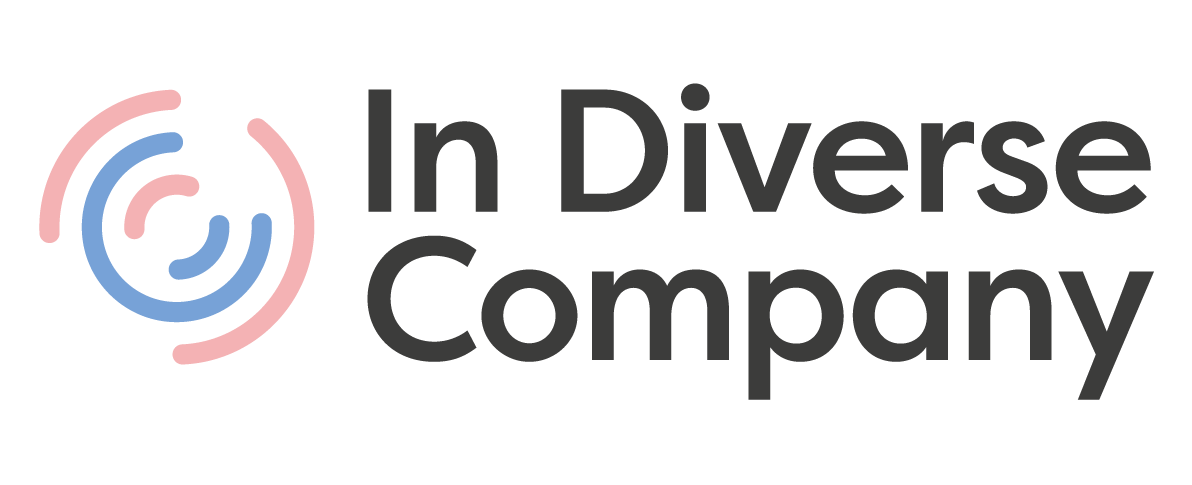Disability is a 1.3bn-strong part of society — equivalent to the population of India, or the market size of the US, Brazil, Pakistan and Indonesia combined, with a disposable income of $8 trillion per year. In the UK alone, the combined purchasing power of people with disabilities is £249bn.
And yet, this group of society is so often under-served, overlooked, and misunderstood by business.
Yesterday saw The Office for National Statistics (ONS) latest report regarding the current Disability Pay Gap – Disabled workers are paid 88p for each pound made by their non-disabled colleagues, according to official data. The median hourly wage for disabled employees was £10.63 in 2018, versus £12.11 for the non-disabled — a gap of 12.2%. The widest gap, of 18.6%, was experienced by those with mental impairments, which include depression, anxiety, epilepsy and learning difficulties. London has the highest disability pay gap at 15%, whilst Scotland has the lowest.
We have come across some organisations doing some great work in this space. Caroline Casey launched The Valuable 500 earlier this year, a global movement calling on 500 global businesses to commit to putting disability inclusion on their board agendas. To date, they have 200 businesses that have committed to take bold business leadership on disability inclusion, with the latest including Tesco, Salesforce, and Vodafone.
Better Considered, a brilliant UK Social Enterprise Soap producer are also a company to watch – ”all of our products create real jobs for real people in the UK who are visually paired, disable or disadvantaged’. 80% of their employees have a disability and they believe more companies should follow in their footsteps. So much so, they have a “Steal our staff” section on their website- the idea being, if another company hires their staff, they can they replace with a new hire – a simple mission to get more people living with health impairments into employment.
Reed Smith LLP, launched an initiative in 2012 to better recruit and support attorneys with disabilities, which is still going strong. One highlight is its global affinity group called LEADRS — Looking for Excellence and Advancement of Disabled Attorneys at Reed Smith — which has about 60 members across 14 offices. It includes those with and without disabilities from all levels of the firm.
In an industry that’s often inhospitable to disabled attorneys, the group has proven to be an effective recruiting tool.
When Jonathan Andrews, a trainee solicitor at Reed Smith LLP, interviewed with the firm a few years ago, he had already seen its London office. Andrews, who was diagnosed with autism when he was 9, sometimes has difficulty orienting himself to new environments. Before he formally met with the firm’s partners, he and other candidates with disabilities had been invited by the firm to visit and meet some of its attorneys. In a recent interview with Law360, Andrews said he found the practice especially helpful as he was going through the application process. “I was able to get used to the office over a period of time, and that helps you feel more at ease and more focused on what you have to say in the interview,” he said. “I don’t think many other [firms] would be as willing to have taken that time.”
Whilst our ultimate goal is that one day we will no longer need to celebrate 3 December on an annual basis for people living with health impairments, let’s use it to share some of the great work and raise awareness that there is much more that still needs to continue in order to true inclusion.






